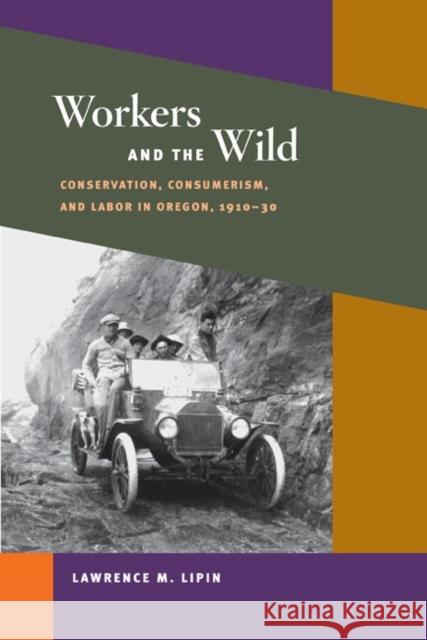Workers and the Wild: Conservation, Consumerism, and Labor in Oregon, 1910-30 » książka
Workers and the Wild: Conservation, Consumerism, and Labor in Oregon, 1910-30
ISBN-13: 9780252073700 / Angielski / Miękka / 2007 / 248 str.
In an innovative blend of environmental and labor history, Workers and the Wild examines the changing terms on which battles over the proper use of nature were fought in the early twentieth century. Focusing on Oregon in the 1910s and 1920s, Lawrence M. Lipin traces labor's shift in thinking about natural resources. They began with the 'producerist' idea that resources and land, both rural and urban, should be put to productive use, and that those who do are most entitled to access to them. They later shifted to a consumerist' view under which resources should be available for public and recreational use.
While labor was initially resistant to the elitism of protected nature preserves, working-class views changed as automobiles became more affordable, and gained increased access to national parks, forests, and beaches. They subsequently accepted the preservation of nature for recreation, and even began to pressure state agencies to provide more outdoor opportunities. While fish and game commissioners responded with ever more intensive hatchery operations, wildlife advocates began a push for designated "wilderness" areas. In these and other ways, the labor movement's shifting relationship to nature reveals the complicated development of wildlife policy and its own battles with consumerism."











